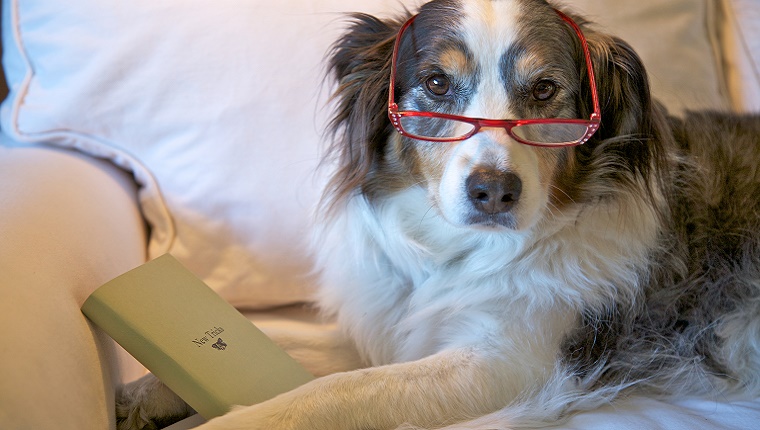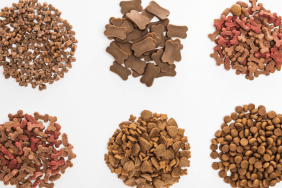“Gold Souls, Gray Faces” is a series dedicated to providing tips for taking care of your senior dog. Discussing senior dog care is especially important this time of year because November is Adopt A Senior Pet Month!
If you’ve adopted a senior dog into your life, make sure you keep their mind stimulated and sharp. By keeping your dog’s brain active, you can help fight off the symptoms of dementia, anxiety, boredom, and more.
Here are five ways you can keep your senior dog’s brain sharp so they can live a happier, healthier life.
Having a senior dog can be an incredibly rewarding experience. Keep their brain sharp, and they’ll live out their years with the best quality of life possible.
What do you do to make sure your senior dog stays mentally stimulated? Do you have any other tips? Let us know in the comments below!









